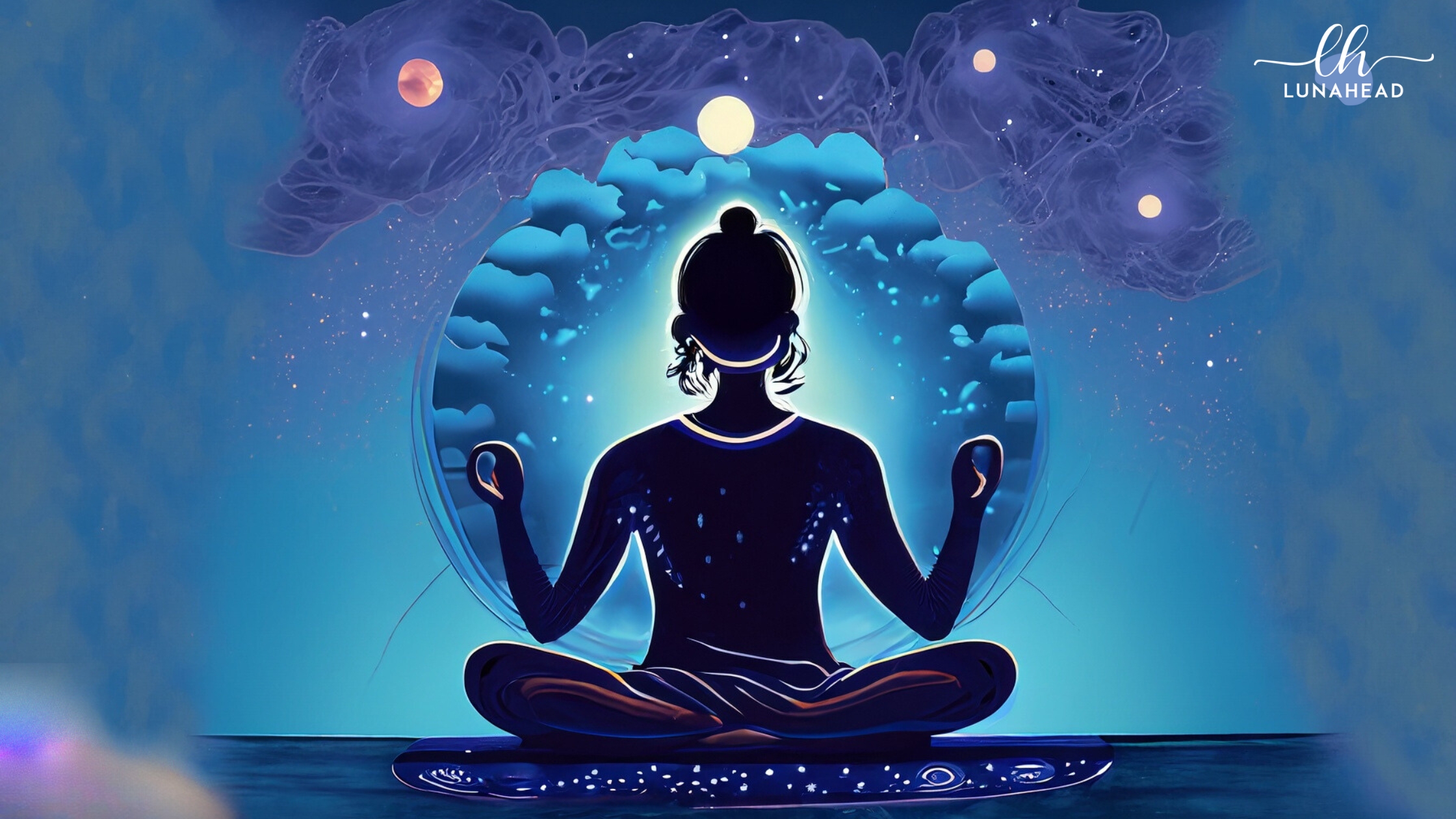
Overcoming Stress and Anxiety Through Meditation Practices
Stress and anxiety have become pervasive issues in modern society, affecting individuals of all ages and backgrounds. Our mental and physical well-being can be adversely affected by the continuous pressures arising from work, relationships, and the demands of everyday life. Fortunately, there are effective methods to combat these challenges, and one such practice that has gained immense popularity is meditation. Meditation offers a holistic approach to managing stress and anxiety by cultivating a state of calmness and mindfulness. This article delves into the diverse methods and advantages of meditation, alongside providing practical suggestions for seamlessly integrating this potent practice into your everyday schedule. By embracing meditation, you can enhance your overall well-being and lead a more balanced and fulfilling life.
Understanding Stress and Anxiety
To effectively overcome stress and anxiety, it is crucial to comprehend their underlying causes and manifestations. Stress is a physiological and psychological response to external pressures or demands, while anxiety is a generalized feeling of unease or fear. Both can lead to detrimental effects on our mental health, relationships, and overall quality of life. Common symptoms include restlessness, irritability, sleep disturbances, and difficulty concentrating. By recognizing these signs, we can take proactive steps to address these issues before they escalate.
The Science Behind Meditation
Meditation is not just a mystical or spiritual practice; it is rooted in science. Numerous studies have demonstrated the positive effects of meditation on the brain and body. When we meditate, the brain undergoes changes in the areas responsible for emotional regulation, attention, and self-awareness. Regular meditation practice can reduce the production of stress hormones, lower blood pressure, and improve immune system functioning. Moreover, meditation enhances the production of serotonin and endorphins, neurotransmitters that promote feelings of happiness and well-being.
Types of Meditation
There are various meditation techniques, each with its own focus and benefits. Some popular forms include:
Mindfulness Meditation: This method entails directing your attention to the current moment, observing your thoughts and sensations without any form of judgment. Mindfulness meditation cultivates awareness and helps break the cycle of rumination and worry.
Loving-Kindness Meditation: Also known as Metta meditation, it involves directing loving and compassionate thoughts towards oneself and others. This practice fosters feelings of empathy, gratitude, and emotional resilience.
Transcendental Meditation: This technique uses a mantra—a word or phrase—to help focus and calm the mind. It promotes deep relaxation and inner peace.
Guided Visualization: This form of meditation involves imagining oneself in a peaceful and serene environment. Guided visualization enhances relaxation and can help reframe stressful situations.
2. Benefits of Meditation
Regular meditation practice offers a wide range of benefits for both the mind and body. Here are some key advantages:
Stress Reduction: Meditation provides a natural and effective way to manage stress. By training the mind to focus on the present moment, meditation reduces the impact of stressors and promotes a sense of calmness and tranquility.
Anxiety Management: By cultivating mindfulness, meditation helps individuals better cope with anxiety. It teaches us to observe our thoughts and emotions without judgment, enabling us to respond to situations with clarity and equanimity.
Improved Emotional Well-being: Meditation encourages emotional self-regulation and increases self-awareness. It allows us to observe and understand our emotions, leading to greater emotional resilience and a sense of inner balance.
Enhanced Concentration and Productivity: Regular meditation practice sharpens focus and concentration, enabling us to be more productive and efficient in our daily tasks.
Better Sleep Quality: Insomnia and sleep disturbances are common symptoms of stress and anxiety. Meditation promotes relaxation and helps regulate sleep patterns, leading to improved sleep quality and overall well-being.
Physical Health Benefits: Meditation has been linked to numerous physical health benefits, including reduced blood pressure, improved cardiovascular health, strengthened immune system, and pain management.
3. Incorporating Meditation into Daily Life
To harness the full benefits of meditation, it is important to make it a consistent part of your routine. Here are some practical tips for incorporating meditation into your daily life:
Take it step by step: Commence your meditation journey with a few minutes each day and progressively extend the duration as you grow accustomed to the practice.
Also Read – Tips To Induce a Deep Sleep
Create a Sacred Space: Designate a quiet and peaceful area in your home where you can meditate without distractions. Make it comfortable and inviting by adding cushions, candles, or other items that promote relaxation.
Set a Regular Schedule: Establish a specific time for meditation each day to make it a habit. Morning or evening are popular choices, but find a time that works best for you.
Seek Guidance: Consider attending meditation classes or using meditation apps that offer guided sessions. These resources can provide structure and guidance, especially for beginners.
Be Patient and Non-judgmental: Meditation is a journey, and it takes time to experience its full benefits. Be patient with yourself, and approach the practice with a non-judgmental attitude.
Conclusion:-
In the fast-paced and demanding world we live in, stress and anxiety can easily overwhelm us. However, through the practice of meditation, we can regain control over our minds and emotions, leading to a more peaceful and balanced life. Meditation provides a powerful tool for managing stress, anxiety, and their associated symptoms. By incorporating various meditation techniques into our daily routines, we can experience numerous benefits, including stress reduction, improved emotional well-being, enhanced concentration, and better sleep quality. Remember, meditation is not a quick fix but a lifelong practice. With commitment and patience, you can unlock the transformative power of meditation and create a harmonious and joyful existence.
